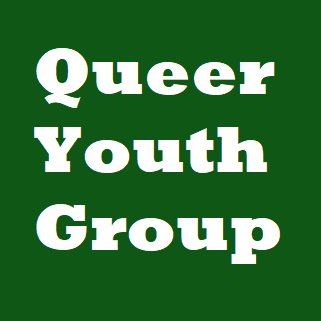Queer youth group demands inclusion of diverse gender groups
KATHMANDU: The Queer Youth Group recently launched a petition drive for gender recognition in citizenship bill and submitted the signed letter to the State Affairs and Good Governance Committee of the federal parliament. The petition raised concerns and forwarded demands of transgender & gender diverse people in the Citizenship Act Amendment Bill.
The campaign's motive was to draw the government's attention towards the inclusion of diverse gender groups and their choice of identification in the citizenship bill, which was tabled in the parliament for approval around two years ago. As things stand, the queer community remains devoid of key rights in the country.
Keeping in mind the out-and-out discrimination faced based on their sexual orientation and gender identity, the group wrote a letter reminding the government that human rights for all has been guaranteed in the Constitution, laws framed by the United Nations, and various international bodies.
The queer community is not represented at Nepal's decision-making level which is essential to break down barriers. "It is unfortunate that there is no queer person at decision-making level," said Rukshana Kapali, a transgender rights activist and one of the petitioners. The queer people are subjected to doubts and questions even to get a basic thing done, Rukshana said further.
Over 200 people and around 20 different organisations had signed the petition.
People are asked to present a proof of sex change if they want their gender be formally recognised in the eyes of the law, they are left with only male and females genders to choose from to substantiate their identity. Additionally, it is an established fact that people from the queer community face various forms of gender-based violence across the country.
Asking for better polices to be put in place, the petition further demands that their rights as guaranteed by the constitution is ensured by the state. Citizenship with inclusion of gender that they identify with is one of the basic but foremost demand that has been put forth.
The petitioners have requested the authorities to not restrict their understanding of genders but also expand it to other existing identities. The petitioners have requested the authorities not to assume that anyone who does not seems to fit into social norms of gender are "Others" gender.
"The letter also demands not to assume that intersex people by default do not identify as male or female, but to acknowledge that being intersex is a sex characteristic and intersex people can identify as male, female or non-binary", lamented Kapali. Furthermore, "Transgender people are forced to tick on the wrong option available they don't identify with."
In a very common practice, gender is usually determined by the genitals that a person is born with. The letter also demands to make a provision with the understanding that all people do not identify as just "males" or "females" which we have all been raised to believe as the only options of identity, failing to do which restricts access to fundamental rights.
The "Others" gender-option is a belittling term and the legal provision of 'Others' forces anyone who does not fit into the norm of society to tick the wrong option which will fail to better reflect the identity. Also, there should be an X-gender designation, what is now globally accepted, for Non-Binary individuals (one who doesn’t identify as male or female).
New policies must reflect that because many are denied something that is so integral to them, adds Kapali.
Furthermore, it is a common misconception that gender identity and sexual orientation are connected. "The letter also demands to acknowledge it and make the necessary amendments because gender and sexuality are different", adds Kapali.
"People in politics aren't speaking about human rights and are prejudiced with the same old narratives. Most of them in politics think human rights is just another western agenda."






